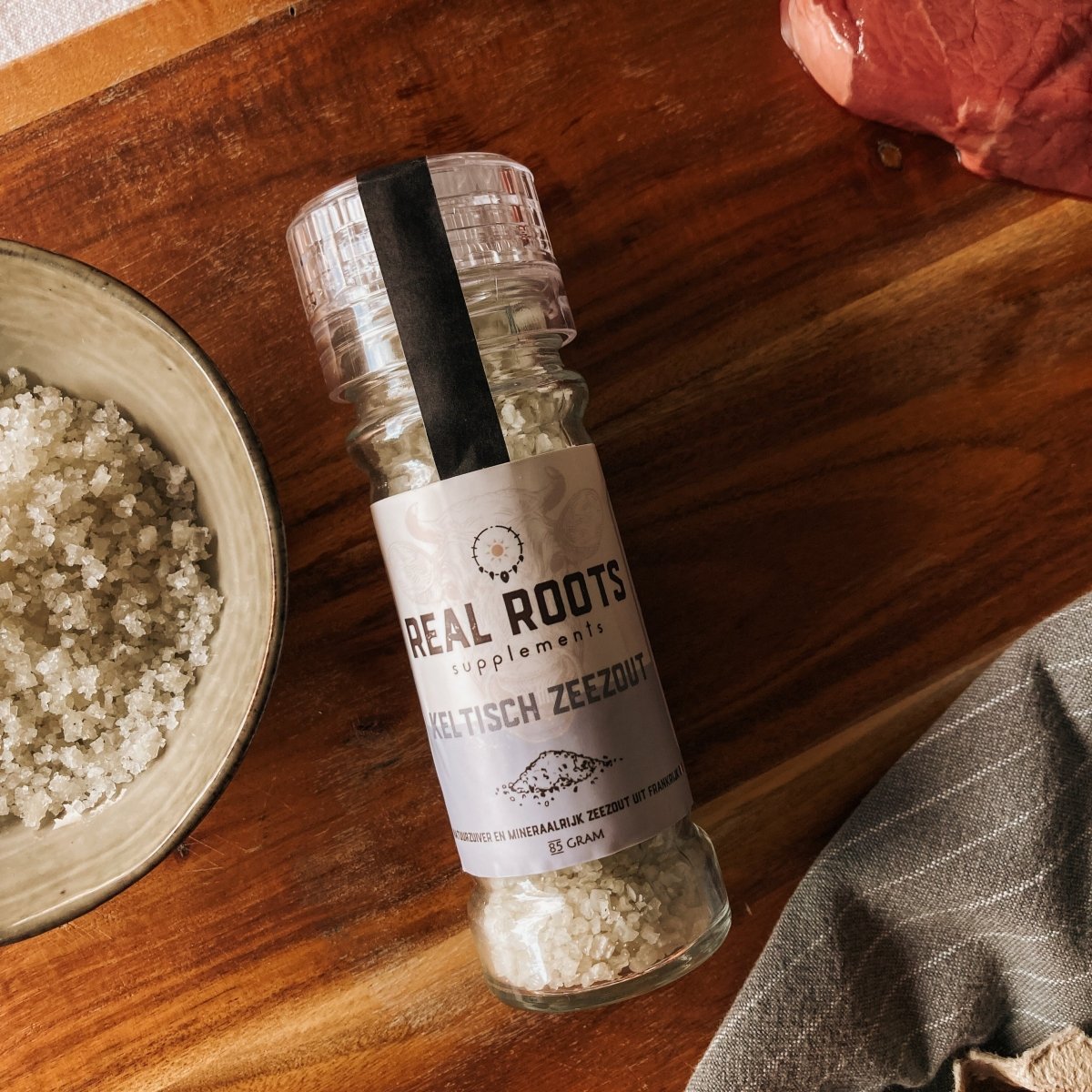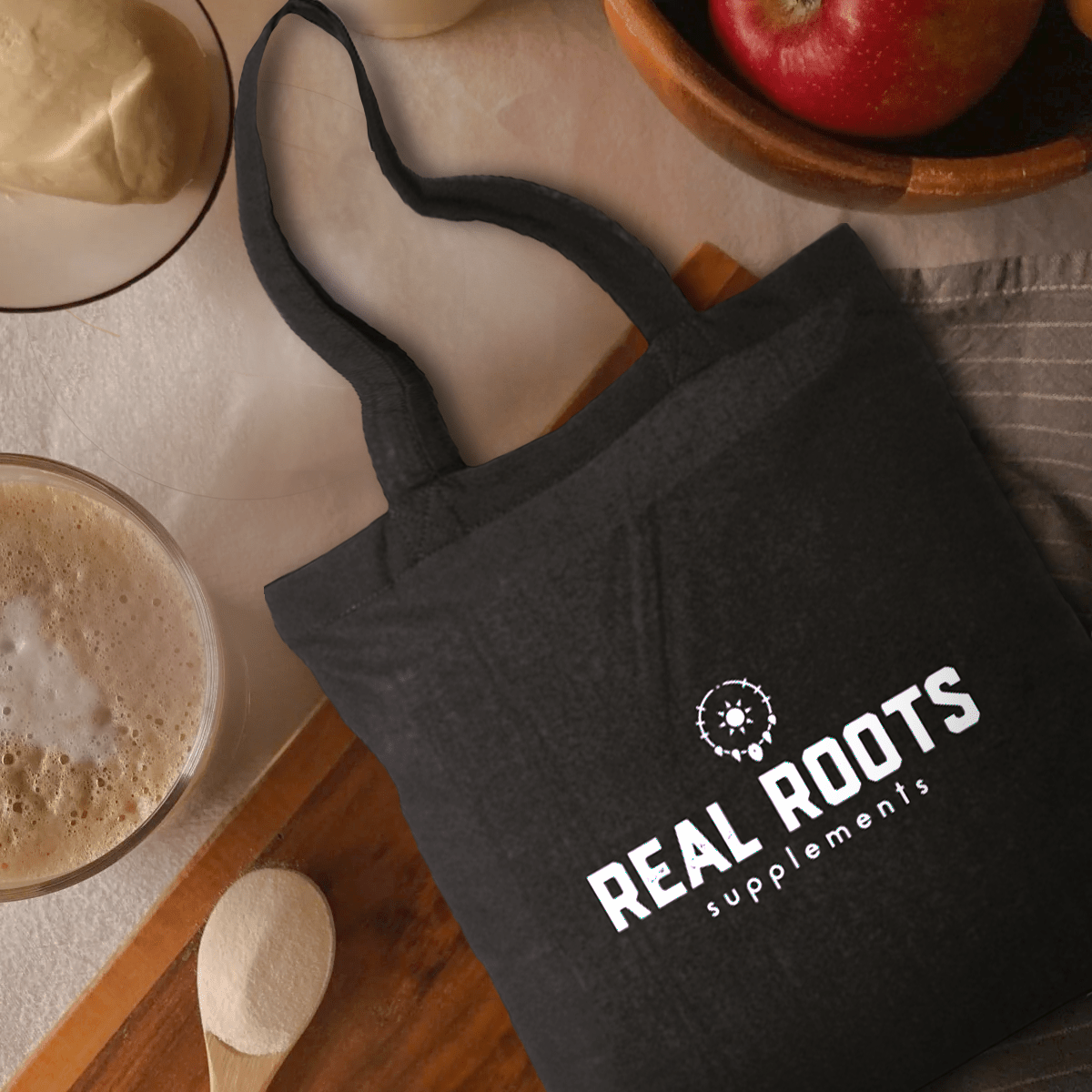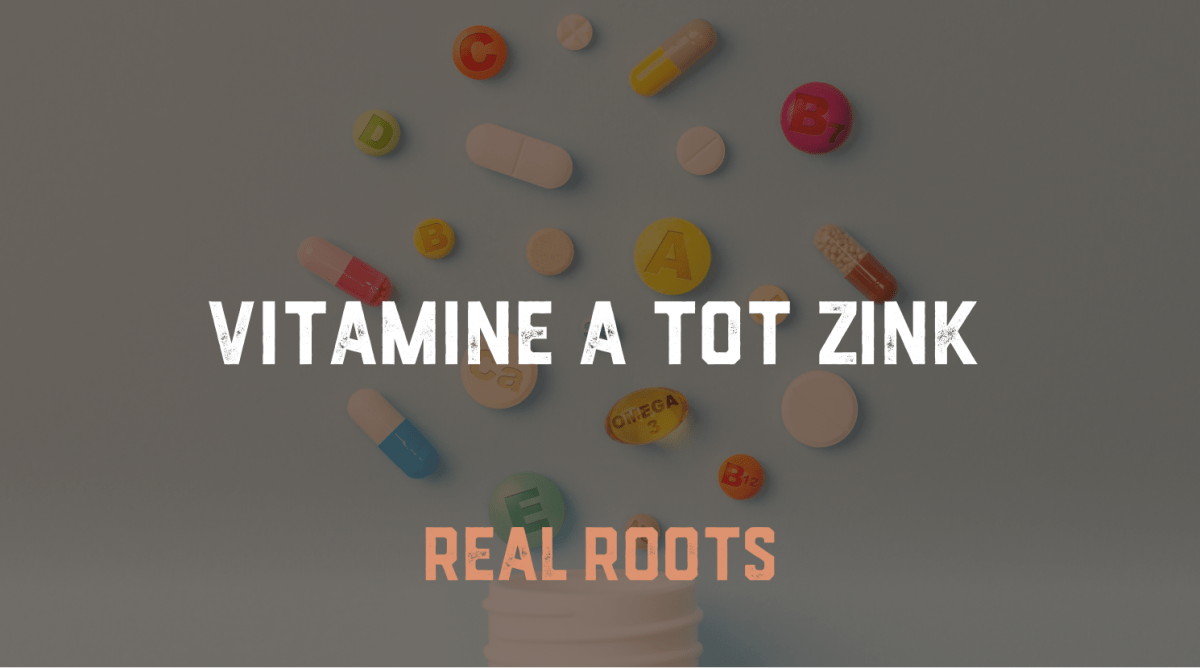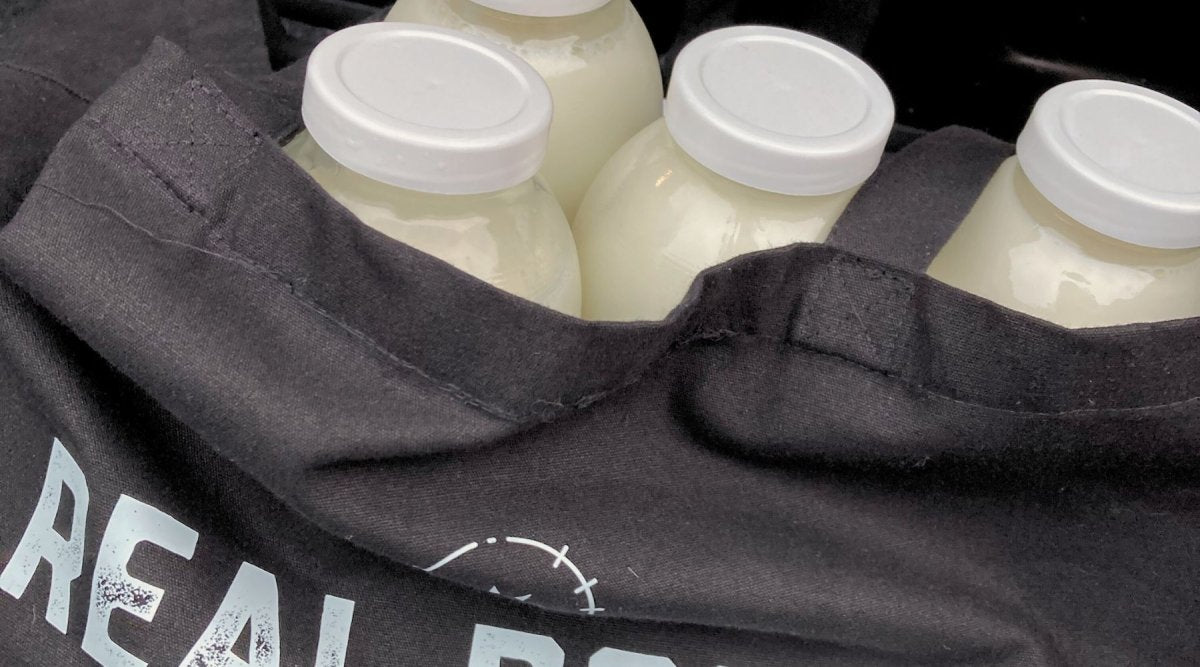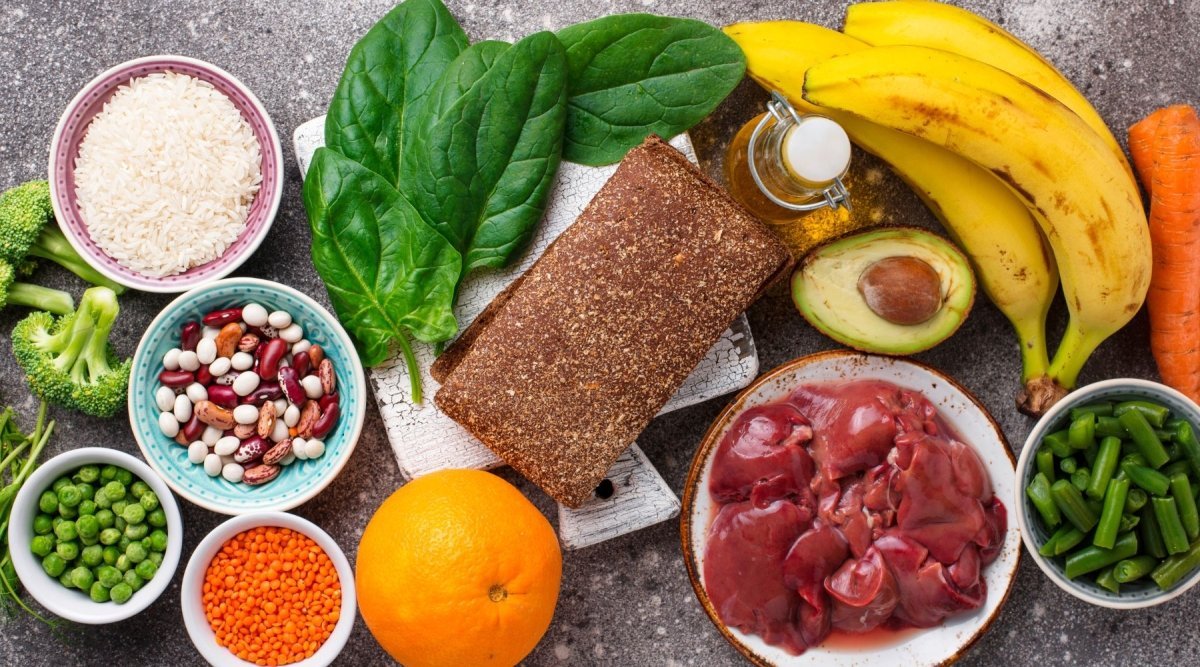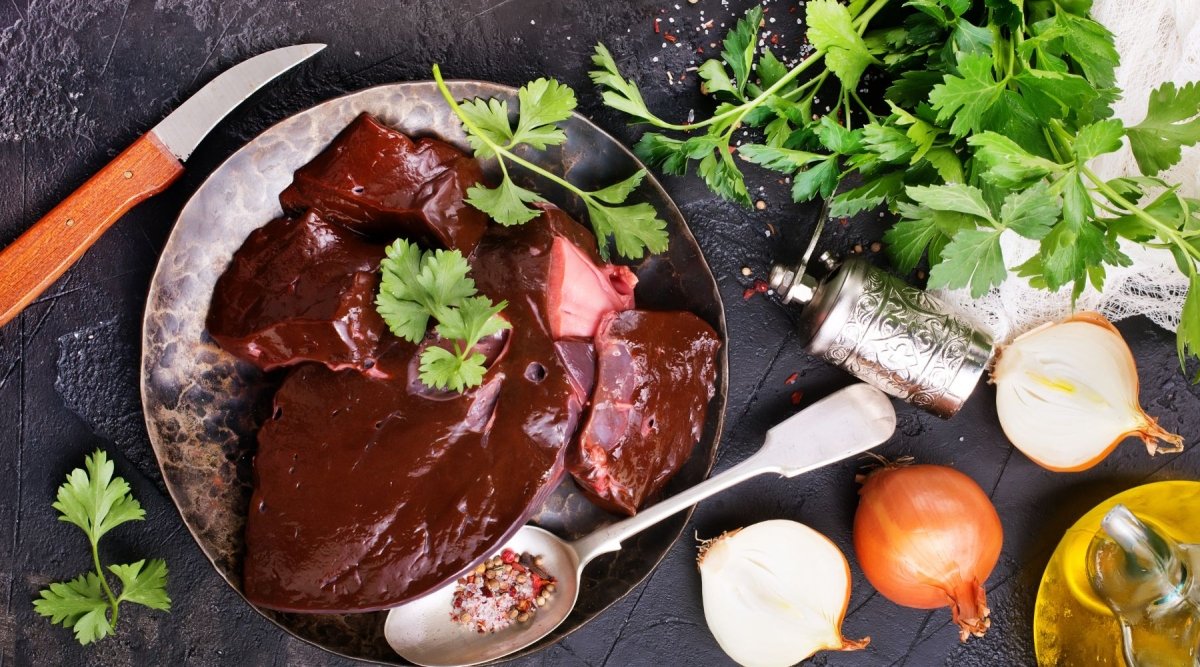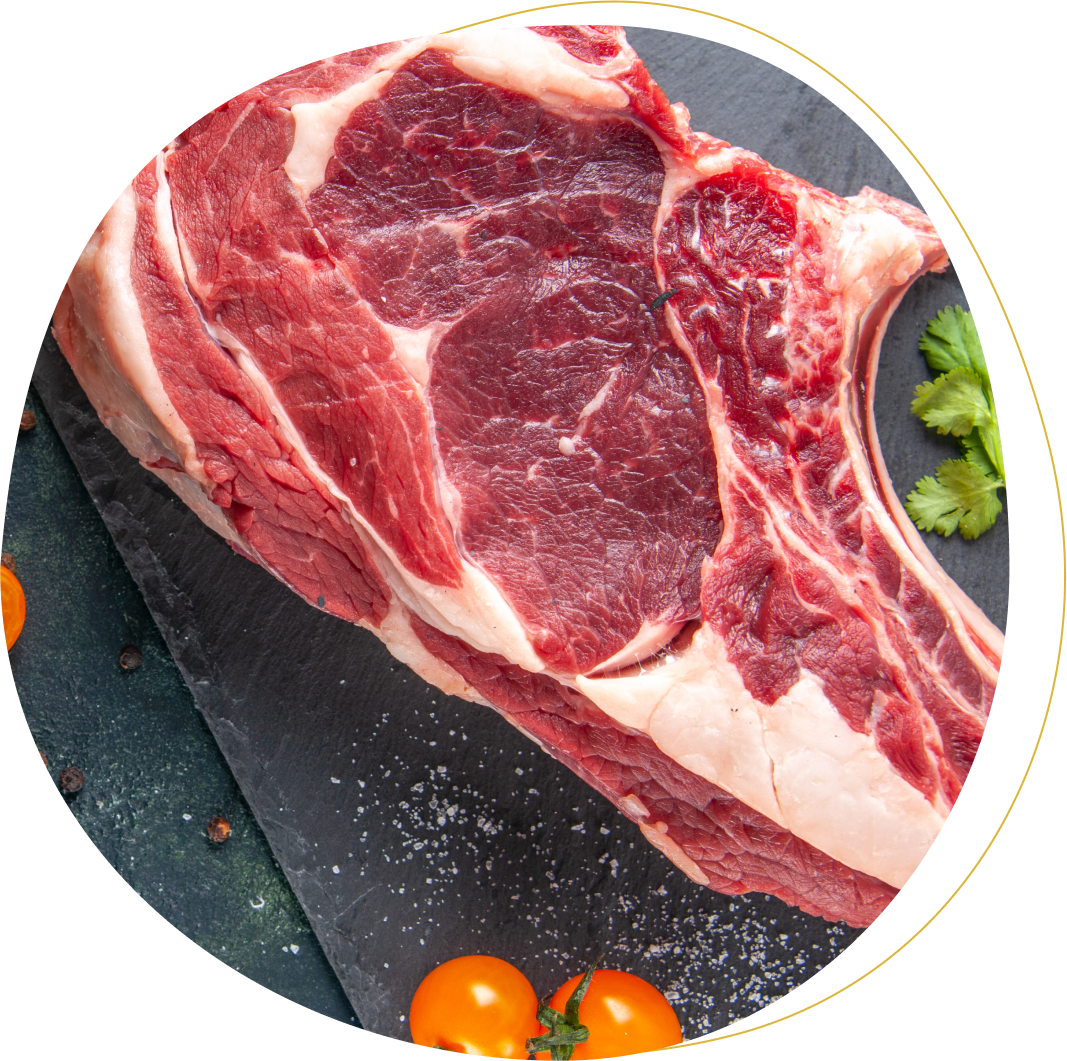Imagine: you faithfully take your omega-3 supplement, thinking you're doing well... but did you know that much fish oil – especially the cheaper varieties – comes from residual streams of the fish industry? To make the oil suitable for consumption, it is often deodorized, decolorized, and heated. This processing can lead to (partial) oxidation, producing free radicals that may promote inflammatory processes in the body.
Of course, not every fish oil is automatically "bad," and there are also higher quality fish oils. But fundamentally, it remains a processed product mainly aimed at isolating the omega-3 fatty acids (EPA and DHA).
Differences at a glance
| Fish oil | Cod Liver Oil (Cod Liver Oil) | |
|---|---|---|
| Source | Fats from (residual) fish or fish processing by-products | Liver of cod-like fish |
| Production process | Often heavily processed (deodorized, decolorized, heated) | Generally less processed (sometimes even raw/fermentable) |
| Nutrients | High in EPA and DHA (omega-3) | Omega-3 (EPA, DHA) + natural vitamins A and D |
| Advantages | - Can contribute to omega-3 intake - Wide availability, easy to obtain |
- 'Whole food' source: contains fat-soluble vitamins in addition to omega-3 - Less processed, potentially more stable nutrients |
| Possible disadvantages | - Increased risk of oxidation with careless production - Contains mainly or only omega-3 (few other nutrients) |
- Specific taste (some people find it less pleasant) - Contains vitamin A, which in high doses can also carry risks (be careful with overdosing) |
Want extra explanation about why Vitamin A (retinol) is so important? Read more here!
Why this nuance?
- Quality varies: Not all fish oil is the same. High-quality brands pay close attention to careful extraction, packaging, and storage to minimize oxidation.
- Processing vs. whole food: Cod liver oil is generally less processed and contains multiple essential nutrients in addition to omega-3.
- Personal preference: Choose what is feasible and comfortable for you, and pay attention to both quality and dosage. Some people tolerate cod liver oil better and prefer that it has a "broader" nutrient profile, while others prefer a specific (or higher) dose of omega-3 from fish oil.
Ultimately, it is important to make a well-considered choice with your supplement selection. Omega-3 fatty acids can certainly contribute to good health, but pay attention to the source, processing method, and the presence of other valuable nutrients. Want to read more about the oxidation sensitivity of (fish) oil and how to recognize quality? We have conducted extensive research on this, delving deeper into production methods, quality differences, and health aspects of various oils.
This way you can make a choice that fits your personal preferences and optimally supports your health.
Why fermented cod liver oil is better than fish oil
Our great-grandparents were not fans of factory-made products. They fermented cod livers in saltwater – a slow, natural process where the oil is gently released. No heat, no chemicals, no tricks. Just Mother Nature doing her work. If you want a bit more depth on the question cod liver oil or fish oil, read more here!

Why fermentation is so brilliant:
-
Preservation of all vitamins: Research shows that fermented cod liver oil contains higher levels of natural antioxidants and vitamins compared to refined variants. A, D, E and K2 (which forms during fermentation!) – a dream team for your bones, immune system, and hormones.
-
Omega-3 in pure form: No oxidation, because no heating. This keeps EPA and DHA intact.
-
Sustainability: No waste – everything from the fish is used.
Fun fact: The Vikings already used this!
Green Pasture vs. Regular Cod Liver Oil: The difference that matters
Not all cod liver oil is the same. Many brands heat the oil, causing vitamins to be lost and synthetic variants to be added. But Green Pasture? They do it differently:
- Wild-caught cod from clean waters.
- Fermentation without junk: No chemicals, just time and patience.
- Combo with butter oil: Although K2 is not explicitly mentioned in the sources, the combination with butter oil (rich in K2) in Green Pasture products emphasizes the role of fat-soluble vitamins for bone health and calcium metabolism
But Gino, I don't like fish! No stress – the natural variant is mild, and you can mix it with a splash of honey or cocoa. (Psst: kids often take it easier than we do 😉)
How much Cod Liver Oil do you need? 🥄
Fermented cod liver oil is not one-size-fits-all. Here's a simple chart:
| Age / Weight | Dosage |
|---|---|
| 0 – 6 months |
Exclusive breastfeeding: Baby receives 2 teaspoons per day through the mother's diet. No breastfeeding/donor milk: Explore homemade bottle feeding (WAPF formula) which includes cod liver oil among other things. Only formula feeding: From 3 months 1/8 teaspoon Green Pasture cod liver oil/butter oil mix + probiotics. |
|
6 – 12 months (or up to 10 kg) |
1/8 teaspoon (≈ 0.63 ml) Green Pasture cod liver oil and butter oil mix. Choose natural! |
|
1 – 3 years (or up to 15 kg) |
1/4 teaspoon (≈ 1.25 ml) Green Pasture cod liver oil and butter oil mix or 1–2 capsules (1 teaspoon = 6 capsules). You can optionally add honey, start with a small amount. |
|
3 – 6 years (or up to 20 kg) |
1/2 teaspoon (≈ 2.5 ml) Green Pasture cod liver oil and butter oil mix or 3 capsules (1 teaspoon = 6 capsules). |
|
6 – 12 years (or up to 40 kg) |
3/4 teaspoon (≈ 3.75 ml) Green Pasture cod liver oil and butter oil mix or 4–5 capsules (1 teaspoon = 6 capsules). |
| 12 – 18 years | 1 teaspoon (≈ 5 ml) Green Pasture cod liver oil and butter oil mix or 6 capsules (1 teaspoon = 6 capsules). Vitamin A, D, E, K + omega 3 |
| Adults | 1–1.5 teaspoons (≈ 5–7.5 ml) Green Pasture cod liver oil and butter oil mix or 6–9 capsules (1 teaspoon = 6 capsules). Vitamin A, D, E, K + omega 3 |
| Pregnancy, pregnancy wish, or full-time breastfeeding | 2 teaspoons (≈ 10 ml) Green Pasture cod liver oil and butter oil mix or 12 capsules. Read my extensive blog about pregnancy and the importance of vitamin A. |
A little tip from us: Store the jar in the fridge. Cold reduces the taste! And do you ever wonder Which Vitamin A should I take? Read more in this blog about Retinol vs. Beta-carotene
FAQ: Everything You Want to Know (But Never Dared to Ask)
1. Is Cod Liver Oil safe for children?
Absolutely! Traditionally, children were given cod liver oil for strong bones and fewer ear infections. Choose the natural variant though – sweetness is an acquired taste 😉.
2. Why that K2?
Vitamin K2 directs calcium to your bones, not your arteries. A must for everyone supplementing with D3.
3. What does Cod Liver Oil taste like?
Honestly? A bit fishy. But with a spoonful of raw honey or in a smoothie with banana and cocoa, you hardly taste it. Pro-tip: Hold your nose while swallowing – always works! 🤫

Time to Reset Your Supplement Cabinet
Fermented cod liver oil is not a trend – it is a return to real food. No lab coats, no marketing hype. Just a jar full of nature, as it should be.
Ready to switch?
👉 Green Pasture cod liver oil
👉 More about why organ meat has a future
👉 More about why organ meat is really healthy
